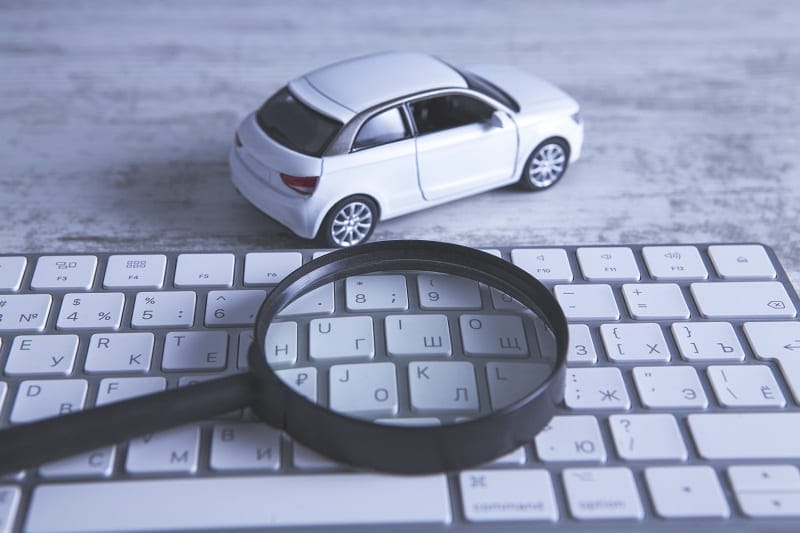If you’re in need of a passenger vehicle to take your kids to school or sports, buying a used car is one of the best ways to get a fantastic deal. However, there are some potential pitfalls to be aware of when buying a used car.
It is possible to get scammed; it is also possible to overpay for what you get. The following 3 tips can help you avoid used car scams or overpayment:
1. Conduct a Motor Vehicle Search at the PPSR
Thieves made off with 53,564 motor vehicles in Australia in 2018, according to Budget Direct. Given that car theft is a surprisingly common occurrence, you’ll want to take steps to protect yourself against buying a stolen car.
Happily, this is relatively easy in Australia. The Personal Property Securities Register (PPSR) allows you to conduct a quick motor vehicle search using the national database. This can help you to discover whether a car has ever been reported as stolen or written off. Your search may also reveal a debt that is owed on the car – and if so, it will also give you the name and location of the interest holder.
Buying a stolen car is obviously something you want to avoid, because the car might later be repossessed. Performing a quick motor vehicle search on each car you’re considering can help you to avoid this scenario. You’ll also want to avoid purchasing a car that has any encumbrance registrations recorded against it.
Be sure to conduct the PPSR search on the same day you purchase the car, or the day before. Also be sure to save the search certificate you get after performing the search. This will enable you to prove that the car was free of any financial encumbrances as of the date that you bought it.
You will need to have access to the car’s VIN number in order to conduct the search.
2. Know the Current Market Price for the Car You Want
People who overpay for cars sometimes do so because they aren’t aware of how much a particular car should cost. You can avoid this by researching the current pricing of the cars you’re interested in through the Price My Car website.
While it’s good to be aware of the average selling price of each make and model of car you might buy, it’s also wise to take individual circumstances into account when deciding how much to offer on a used car. There might be a good reason to offer more or less than the average for a particular car.
For example, if you find a car that has been significantly upgraded or particularly well maintained, it may warrant an offer of more than the make and model’s average selling price. On the other hand, it may not be worth making an offer of the average selling price on a car that has sustained significant damage or a car that has not been maintained regularly. So be sure to consider the specifics of each car’s condition and history before making an offer.
3. Beware of Odometer Wind-Back
The average Australian passenger vehicle travels 12,607 kilometers in a year, according to Budget Direct. When you’re considering a used car purchase, any odometer reading that averages out to significantly lower than this number warrants some investigation. This is even true of newer vehicles, despite the pervasive belief that it is harder to tamper with the odometers in newer cars.
In general, it is always smart to investigate whether the amount of wear and tear on the vehicle you’re considering seems to be commensurate with its odometer reading. If the odometer shows a low number of kilometers, yet the steering wheel shows an excessive amount of wear and tear, be suspicious.
When buying a used car, it’s beneficial to request copies of paperwork showing the vehicle’s service history. In particular, you’ll want to verify the odometer readings at the car’s various service checks. If the car’s current odometer reading is legitimate, it will be supported by ever-increasing readings as the car was serviced. Any sudden drop in odometer readings between service checks would arouse suspicions that something dodgy is going on.
Buying a used car
If you’re in the market for a used family car, considering these 3 tips can help you to avoid getting scammed or overpaying. We hope this information is helpful to you as you search for your next vehicle.
Want to make sure you’re not getting scammed in other aspects of life? Check out our article on identity theft.


